Examine your present credit score and spending plan prior to applying for a new loan. Don't forget to account for costs such as origination and prepayment penalties.
Simplified Payment Processing

A debt consolidation loan consolidates several bills into a single, easy-to-pay monthly. The loan might even have a lower interest rate than your existing amounts if you have a decent to exceptional credit rating, which could result in financial savings.
It is simpler to manage your budget and pay off debt when payments are simplified. Additionally, it lessens the possibility of forgetting or mishandling an account, which could harm your credit. By using autopay for your new loan, you may further streamline your payments and ensure that you never forget a payment.
But remember that the usefulness of debt consolidation loans depends on your personal spending patterns. After consolidating your amounts, you can wind up with more debt if you don't change the spending patterns that led to your debt. Because of this, it's crucial to make sure you can afford your monthly payment and to check your rate before applying for a debt consolidation loan.
Reduced Interest Rates
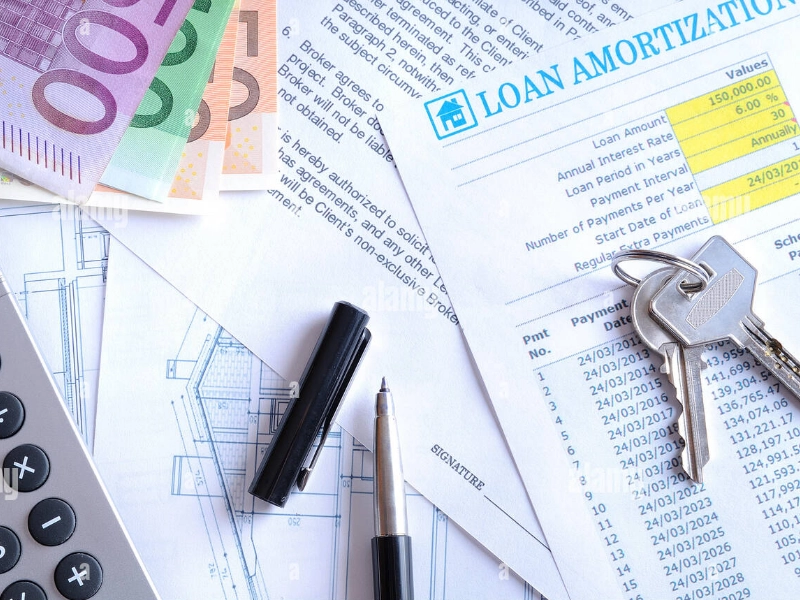
You can save money by taking advantage of debt consolidation loans, as their interest rates are usually cheaper than those of credit cards. But bear in mind that you will still have to make a monthly payment, so make sure the loan terms work within your budget by carefully calculating them using a repayment calculator.
Ideally, especially if your credit has improved since taking on your present debt, you will be eligible for a low enough interest rate to make the loan beneficial. You'll be able to pay off your debt more quickly and spend less on interest thanks to this.
In addition, your lender may provide you with a fixed-term loan that will assist you in establishing a precise debt payback deadline. As your loan is paid off, this might make you feel accomplished and encourage you to keep saving and stay out of debt. However, keep in mind that a debt consolidation loan won't change the ingrained behaviors that led to your initial debt.
Combine several credit card amounts.
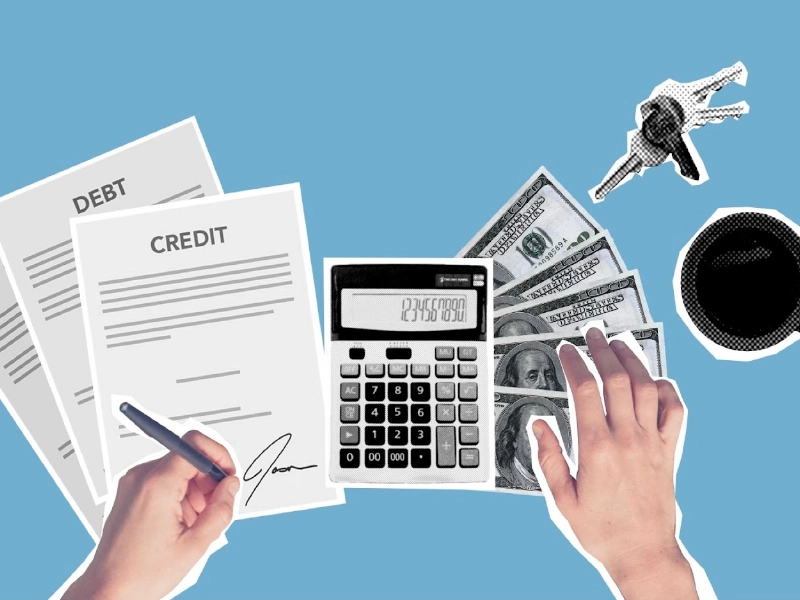
A debt consolidation loan can simplify the process of paying off various credit card bills by combining them into a single, more manageable monthly payment. If the interest rate on the new loan is less than that of your credit cards or other debts and it has a shorter payback term than the remaining balances, it can also help you save money on interest.
But rather than utilizing a debt consolidation loan as a justification for keeping up your excessive spending, you should deal with the behaviors that brought you to this debt in the first place. You can achieve this by keeping a budget, monitoring your expenditures, and looking into specialized services like credit counseling. You should also take into account the costs related to a debt consolidation loan, such as origination fees, transfer fees, and penalties for early repayment. These costs have the potential to reduce your savings and lengthen the period of time you will be in debt. After that, you can determine if a debt consolidation loan is worthwhile.
Conserve Cash

One monthly bill that consolidates all debt payments minimizes the number of interest rates and deadlines to remember. You could pay less in total interest and raise your credit score if you are eligible for a lower rate and a longer payback term.
Your debt will have a defined end date, which could keep you motivated and on track to meet your objectives. However, keep in mind that debt consolidation won't address any underlying issues you could be experiencing, such as living beyond your means.
Look around for the best rates and terms on a debt consolidation loan before applying. Don't forget to account for costs such as yearly, balance transfer, and origination. Additionally, weigh your alternatives for debt relief strategies that don't include borrowing. In the long term, these techniques can save you money and may even be free. Don't forget to consider the reasons behind your debt accumulation as well.
Recommended Reading: Advantages of Loans for Debt Consolidation











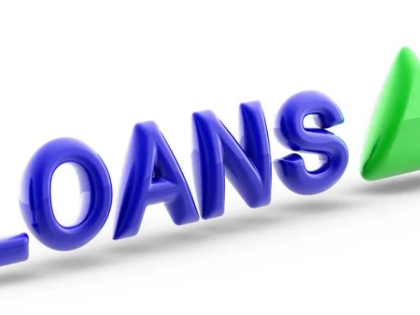
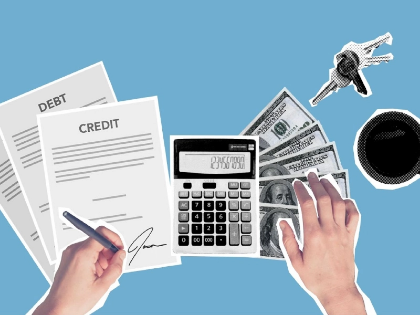

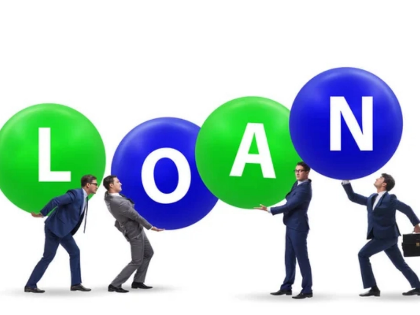



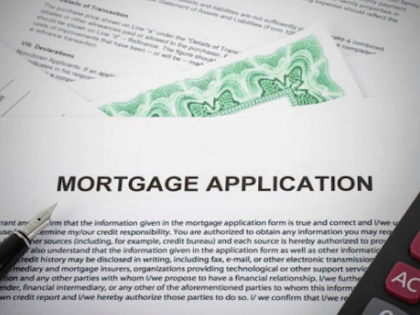
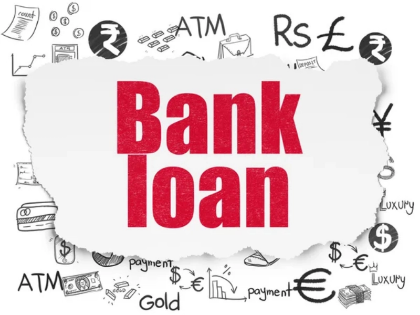




Maintains resilience under churn.
Encouraging tone.
Anticipates scaling tension points.